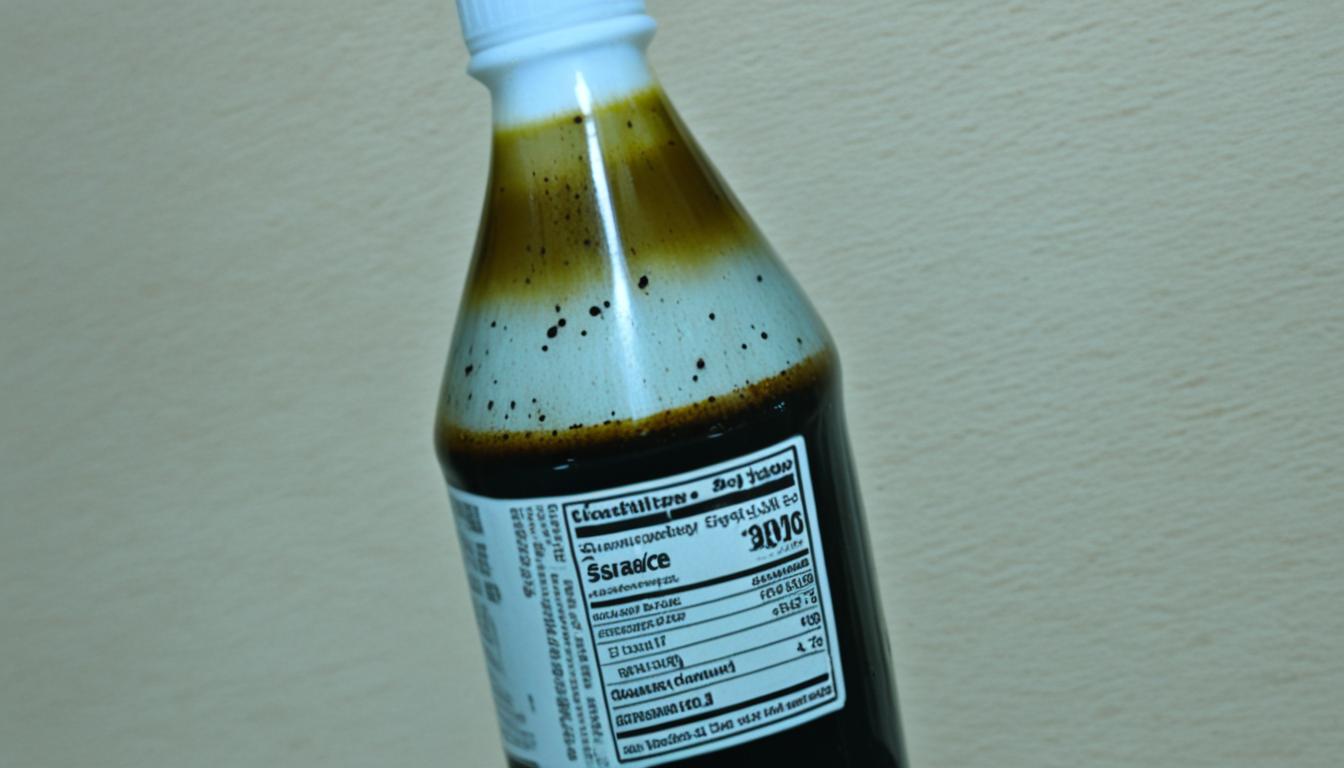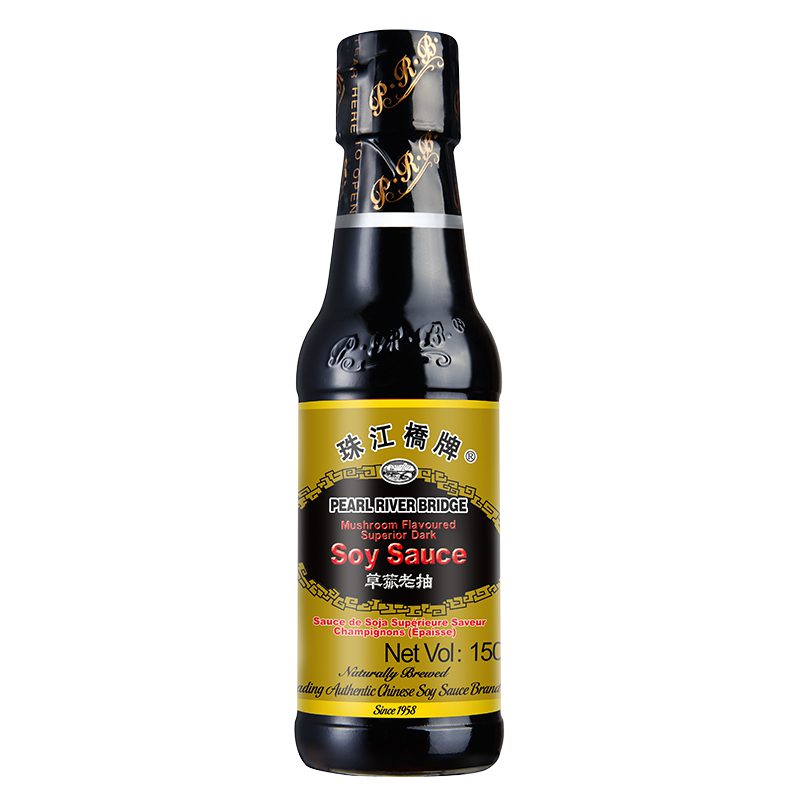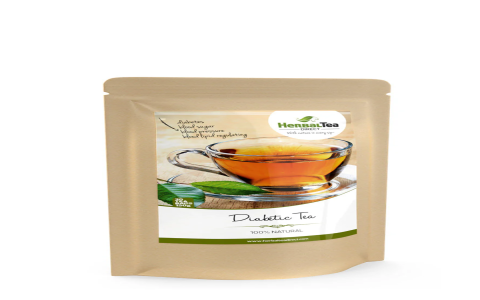Does Unopened Soy Sauce Go Bad?
Soy sauce is a staple condiment in many cuisines around the world, especially in Asian dishes. It’s known for its savory, umami flavor that enhances the taste of various foods. But if you often find yourself with an unopened bottle of soy sauce tucked away in your pantry, you might wonder: does unopened soy sauce go bad? Let’s delve into this question and explore how you can determine the shelf life and storage methods for this versatile seasoning.

Understanding Soy Sauce
Soy sauce is traditionally made from fermented soybeans, roasted grains, brine, and sometimes with the addition of wheat. The fermentation process not only imparts soy sauce with its distinctive taste but also aids in preservation. Here are some key points to consider:
- Ingredients: Most commercial soy sauces contain preservatives, like sodium benzoate, to extend shelf life.
- Aging: Like fine wines, some varieties of soy sauce, particularly artisanal or naturally brewed ones, can improve with age, enhancing flavor complexity.
Shelf Life of Unopened Soy Sauce
When you purchase a bottle of soy sauce, whether it’s from a local supermarket or a specialty store, it’s useful to check the best-by date or expiration date. Here’s what you should know:
- Conventionally Brewed Soy Sauce: Typically, an unopened bottle can last from 2 to 5 years if stored in a cool, dry place. The exact time can vary based on the presence and potency of preservatives, the type of brewing process, and storage conditions.
- Tamari or Wheat-Free Soy Sauce: These varieties might have slightly different shelf lives due to their composition, ranging similarly between 2 to 5 years when unopened.
Storage Conditions Matter
Proper storage is crucial for maintaining the quality of soy sauce:
- Temperature: Keep soy sauce away from heat sources. A pantry or kitchen cupboard at room temperature is ideal. Extreme temperatures can degrade the taste or cause it to spoil faster.
- Light: Like many condiments, soy sauce can be sensitive to light, which might alter its flavor over time. It’s best to store it in a dark place or in opaque containers.
- Humidity: High humidity can cause condensation inside containers, potentially leading to mold or bacterial growth. Ensure your storage area is dry.
Signs Soy Sauce Has Gone Bad
Even if unopened, soy sauce can degrade:
-
Appearance: If you notice any odd cloudiness, color change towards darker/browner with a blackish tint, or sediment, it might be an indicator that the sauce has been compromised.
-
Smell: A sour or off smell, significantly different from the standard soy sauce odor, could mean it’s time to toss it out.
-
Taste: If you risk trying it and there’s an unusual sharpness, bitterness, or any flavor other than the expected soy richness, the condiment could have spoiled.
The Verdict on Unopened Soy Sauce
Generally, unopened soy sauce does not go bad in the traditional sense. Due to its high salt content and being fermented, it’s quite resistant to spoilage. However, its quality can deteriorate over time, affecting both flavor and consistency. Here’s what to consider:

-
Use by Date: Always a good reference point, but remember, it’s more about peak quality rather than safety.
-
Common Sense: Inspect the bottle before using soy sauce that has sat for a long time. If in doubt about its integrity or taste, it’s better to err on the side of caution and discard it.
Ultimately, understanding how to store soy sauce correctly and knowing when it might have gone past its prime is beneficial not only for culinary purposes but also for reducing food waste. So next time you come across that unopened bottle at the back of your pantry, you’ll know exactly what to do with it. Enjoy your cooking, and let soy sauce continue to elevate your dishes without concern for spoilage.



